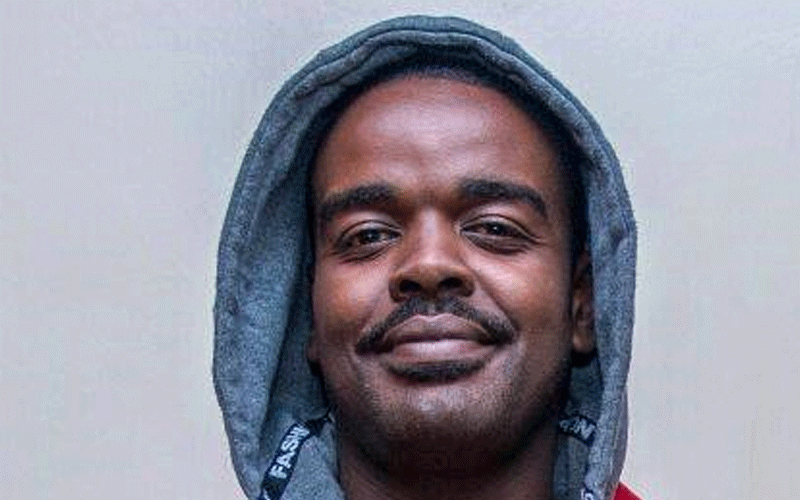Putting science in Kenyan films

The release of Black Panther, the movie, got everybody talking, from fans to film industry stakeholders, with the latter asking whether time is ripe for top executives in Hollywood and Bollywood to have a flutter with local film producers.
This comes against a backdrop of hesitancy by the local scene in making Sci-Fi films, something the recently held Imagine Science Films Festival at the United States International University-Africa School of Communication, Cinematic and Creative Arts, tried to unravel.
“Under the theme of Science and Film in a metropolitan Africa, we sought to explore the existence of science as part and parcel of the African narrative, the role of artists in a changing Africa, discourses on film research in the region and showcasing and celebrating African science films as a strongly emerging genre,” says Labocine Africa ambassador and film producer Wangechi Ngugi.
She says time has come for African scientists and artists to cultivate, safeguard and communicate importance of understanding the significance of traditional science practices.
Changing lenses
However, a wave of African filmmakers have changed lenses based on the potential they see on the continent, and are producing stories set in a self-actualised Africa.

Award winning film producer, Faith Musembi, says one of the biggest challenges of telling these stories is finding a local audience willing to switch lenses as well to appreciate the alternate novel narrative.
“The movement of creating Sci-Fi films set in Africa has continued to gather momentum. So much so, that they’ve coined a term for this new genre: Afrofuturism,” she tells Spice.
She calls for a different mindset that will make audiences and filmmakers look at our enviroment differently.
“In Ukambani, there is a certain rock called Nzambani, which is professed to contain magical powers. According to local myth, if you run around it seven times, your gender will change.
If our imaginations were allowed to run free, we would use this as an opportunity to craft narratives about this rock grounded in science fiction. After all, shape and form shifting is one of the mainstays of this genre.
Unfortunately, this rock is viewed from the lenses of religion, and as such, any creative narrative is limited as people associate the myth with witchcraft,” adds Musembi, whose film Chuma won Best Cinematography, Best Science fiction and Best Special Effects during last year’s Machakos Film Festival.
Chuma is a story about invasion of aliens in Kenya, using the Kilutuni Hills, where water defies gravity as their portal. What follows is an attempt to find and neitralise these aliens in bid to protect the country.

A while back, award winning producer, Wanuri Kahiu, producer of Pumzi, said Sci-Fi is not exactly new to the African continent as stories told for generations have always contained elements of fantasy, science fiction.
“I am just a new generation of storyteller, using cinema as my tool. The genre means less to me than the story,” she said in the interview.
Right environment
And while there seems to be light at the end of tunnel, there is a lot that needs to be done.
Prof Wangechi Mwai of USIU says relevant institutions should create an environment conducive for Afro-Futurism to thrive.
“African narratives are rich in content because African are highly oral when it comes to content preservation.

We need to bridge the gap in mode of communication while at the same time set up rules and regulations that do not hamper the growth of this new niche in the film industry,” says the prof.
She adds, “One challenge in the Kenyan film industry has always been structure-based. Lack of government support towards the creative industry is something filmmakers struggle with.
However, I believe this challenge presents an opportunity to innovate around film production and distribution.”
When it comes to Sci-Fi, the challenge has been funding, with a few getting funds and financial aid from foreign countries.
“There’s hardly funds for such films and we have to source from outside the country.
You can shoot your pilot project and pitch to local stations, but none will buy it or have the guts to commission one for their own because of perceived risks associated with it,” says filmmaker, director and actor Alfred Munyua.
Munyua calls for debunking of myths and ignorance about such films. “I have met people who say local producers can’t hack it because of levels of technology involved, which I partly agree to, but again a journey of a thousand miles starts with one step.
That’s how we should take it before we can start thinking of the markets.” he adds.











